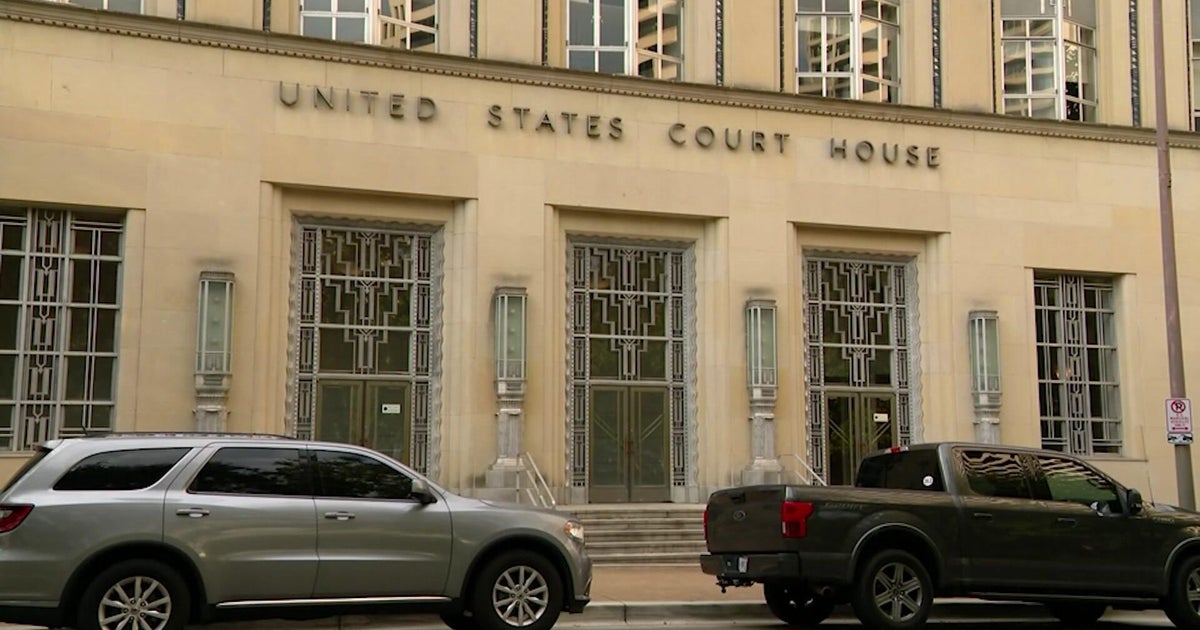Domestic workers at the border: Abuse, wage theft and injuries
Domestic workers along the Texas-Mexico border are suffering from high rates of abuse and economic hardship, often unable to afford necessities such as food and utilities.
Those findings come from a new survey of domestic workers who labor in Texas along the Mexican border, which spans almost 2,000 miles across four states. The survey comes from the National Domestic Workers Alliance, an organization that advocates for domestic workers in the U.S., and from several community groups.
With the largest stretch of the border, Texas has designed laws that discourage immigration, such as SB4, which gives greater authority to local governments for immigration control. As a result, the state's laws are likely increasing the racial profiling of Latinos in Texas, even if they're legal immigrants, the report found. Domestic workers are "hemmed in" by the adversity of Mexico's poverty and the intensive policing of citizenship on the U.S. side of the border.
"When people know about your immigration status, that's when they start taking advantage of you. They don't value you the same way they would someone with papers," one domestic worker told the organization.
That worker had only a tourist visa and was paid $160 a week to work six or seven days a week, beginning at 6 a.m. and often ending her shift at midnight.
The survey was conducted before the election of President Donald Trump, who has espoused anti-Mexican rhetoric and whose administration has established immigration policies such as separating children from their undocumented parents at the border.
Economic insecurity
Hardship was common among domestic workers, the study found. More than a third said someone in their house went hungry at some time during the previous year, while 44 percent said they weren't able to pay their rent during the previous 12 months.
Housecleaners experienced higher rates of economic insecurity, with almost six out of 10 saying they weren't able to pay their landlord at some point during the previous year.
Abuses
Domestic workers experience high rates of abuse, from being yelled at to irregular pay and wage theft, the study found.
About one-quarter of domestic workers said they were paid less than agreed on or weren't paid at all, for instance.
Verbal abuse or threats were commonly incurred among domestic workers, while almost three out of 10 housecleaners said they were threatened with being reported to the immigration authorities.
Citizenship status
About 43 percent of those surveyed had legal documentation status, such as U.S. citizenship or permanent residency. Those most likely to have secure documentation are elder care workers, of whom 67 percent are either citizens or have green cards.
Abuse was worse among workers without legal immigrant status. The study found that only 15 percent of U.S. citizens were paid less than agreed to or not at all, compared with 35 percent of illegal immigrants.




